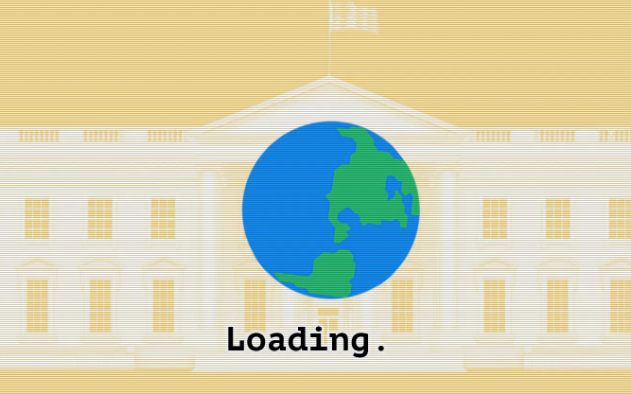
Breaking News: Biden’s FCC “Digital Equity” Regulations Under Fire for Potential Cost and Control Overreach
The FCC’s latest “digital equity” initiative, part of President Biden’s 2021 Bipartisan Infrastructure Law, has sparked controversy and concern. Brendan Carr, the senior Republican on the FCC, and Adam Candeub, a Communications Law Professor at Michigan State University, criticize the move as an excessive regulatory overreach with potentially high costs and degraded service quality.
Carr highlights that this unprecedented regulatory framework gives the FCC extensive power to control nearly every aspect of Internet functionality. This includes influencing ISPs’ capital allocation, service offerings, and consumer pricing strategies. He views it as part of a broader campaign by the Biden administration to increase governmental control, citing similar trends in Internet censorship and cybersecurity.
The regulations, which aim to prevent “digital discrimination” and promote universal broadband access, have been challenged for their potential to impose heavy financial liabilities and unfunded mandates on a wide range of industries. Critics like Carr and Candeub argue that the new rules could result in worse service at higher prices, contradicting the intended goals of fairness and equity.
Senator Ted Cruz and 27 co-signers have expressed concern over the “Digital Discrimination” Draft Order, arguing that it is intrusive and at odds with the legislation’s intended meaning. The draft order exempts key Biden administration initiatives from these new regulations, raising questions about fairness and consistency.
As the process for implementing these regulations continues, it faces legal challenges and scrutiny. The timeline for their enactment is uncertain, with potential appeals to higher courts, including the Supreme Court. The debate over this FCC action highlights the complex balance between governmental regulation, digital equity, and market dynamics in the rapidly evolving telecommunications sector.


Average Rating